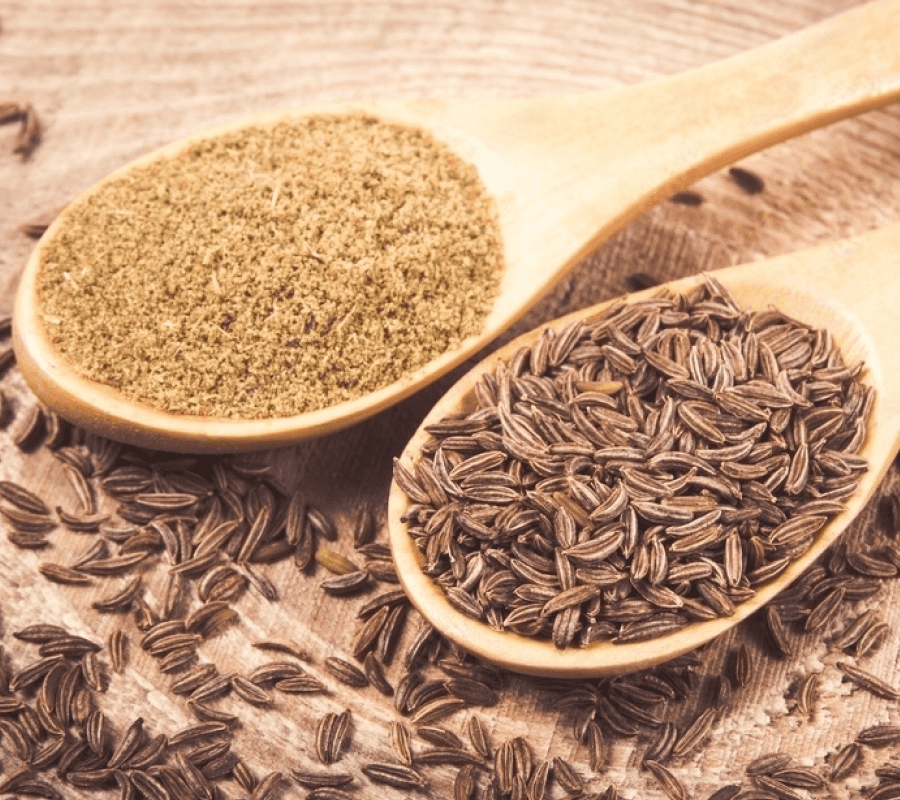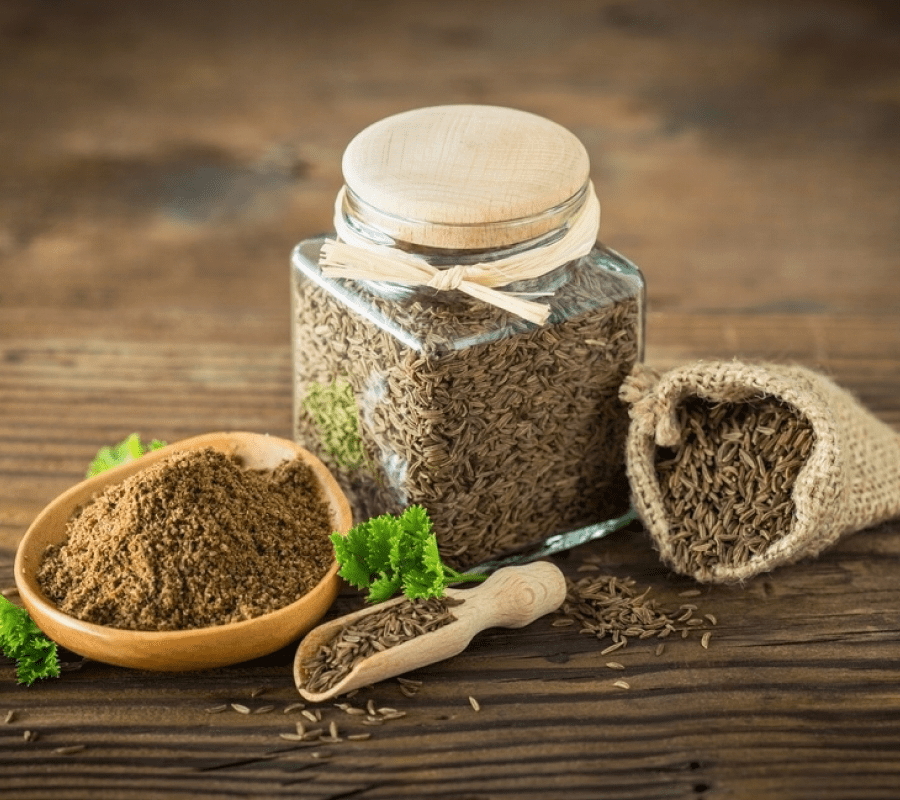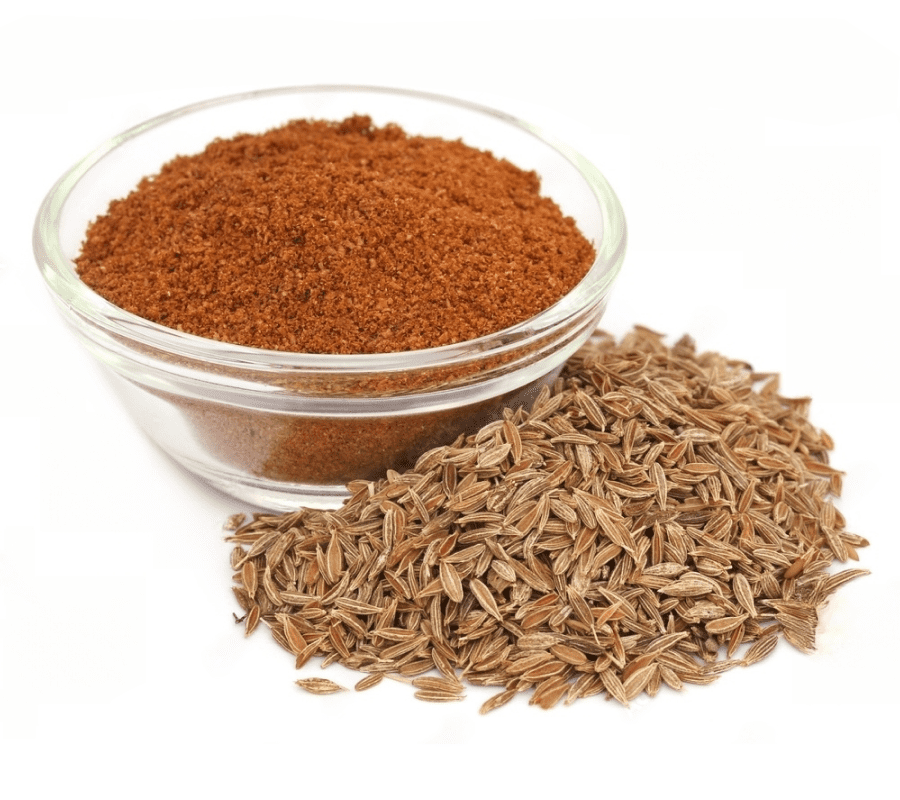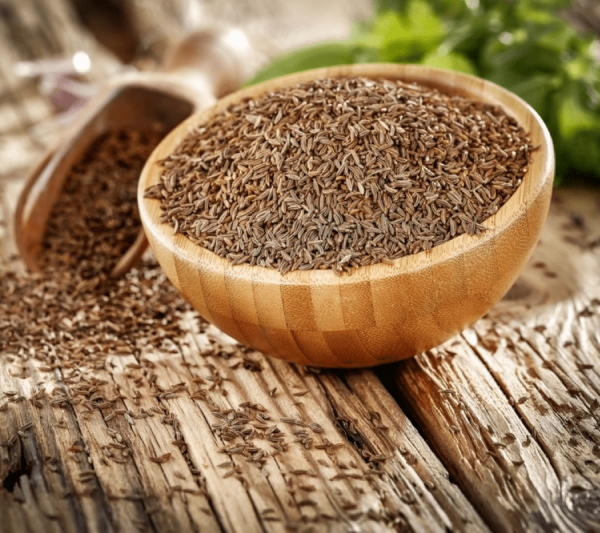Description
Flavor and Aroma: Cumin powder has a warm, earthy, and slightly nutty flavor with a hint of citrus and an aromatic, spicy fragrance. It can add depth and richness to a wide range of dishes.
Culinary Uses: Cumin powder is a versatile spice used in a variety of dishes, including curries, stews, soups, rice, and meat dishes. It is a key ingredient in spice blends like curry powder and garam masala. It’s also used to season vegetables, beans, and lentils.
Health Benefits: Cumin has been associated with several potential health benefits. It may aid digestion, promote weight loss, and have anti-inflammatory and antioxidant properties. However, its health effects may vary from person to person.
Nutritional Value: Cumin powder is low in calories and a good source of essential minerals, including iron, magnesium, and calcium. It also contains small amounts of vitamins, fiber, and antioxidants.
Storage: To maintain the freshness and flavor of cumin powder, store it in an airtight container in a cool, dark place, away from heat and sunlight. Ground cumin should ideally be used within six months to a year for the best flavor.
Cooking Tips: When using cumin powder in recipes, it’s often recommended to toast it briefly in a dry pan before adding it to enhance its flavor. Be cautious not to overheat it, as it can turn bitter.
Cumin seeds powder is known by different names in various languages and cultures around the world. Here are some of the common names in different languages:
English: Cumin Seed Powder
Hindi: Jeera Powder (जीरा पाउडर)
Arabic: Kamun (كمون)
Spanish: Comino En Polvo
French: Poudre De Cumin
Russian: Kumin V Poroshke (Кумин в порошке)
Italian: Polvere Di Cumino
Portuguese: Pó De Cominho
German: Kreuzkümmelpulver
Chinese: Zīrán fěn (孜然粉)
Japanese: Kumin Paudā (クミンパウダー)
Korean: Keumin Garu (크민 가루)
Thai: P̄hng yī̀h̄r̀ā (ผงยี่หร่า)
Indonesian: Bubuk Jintan
Vietnamese: bột thì là
Malay: Serbuk Jintan Manis








